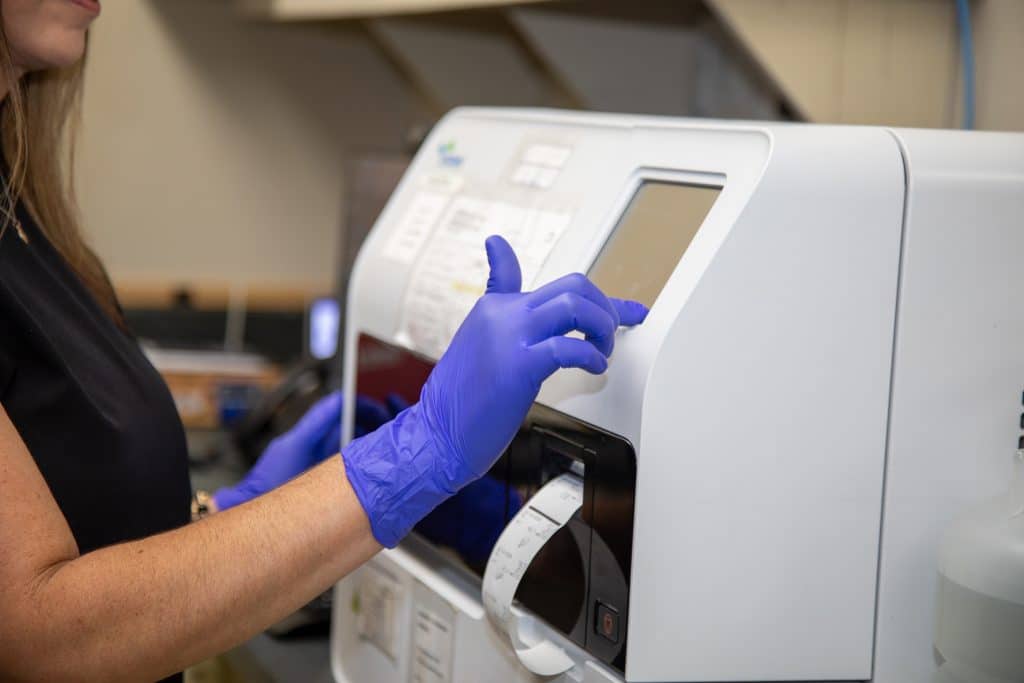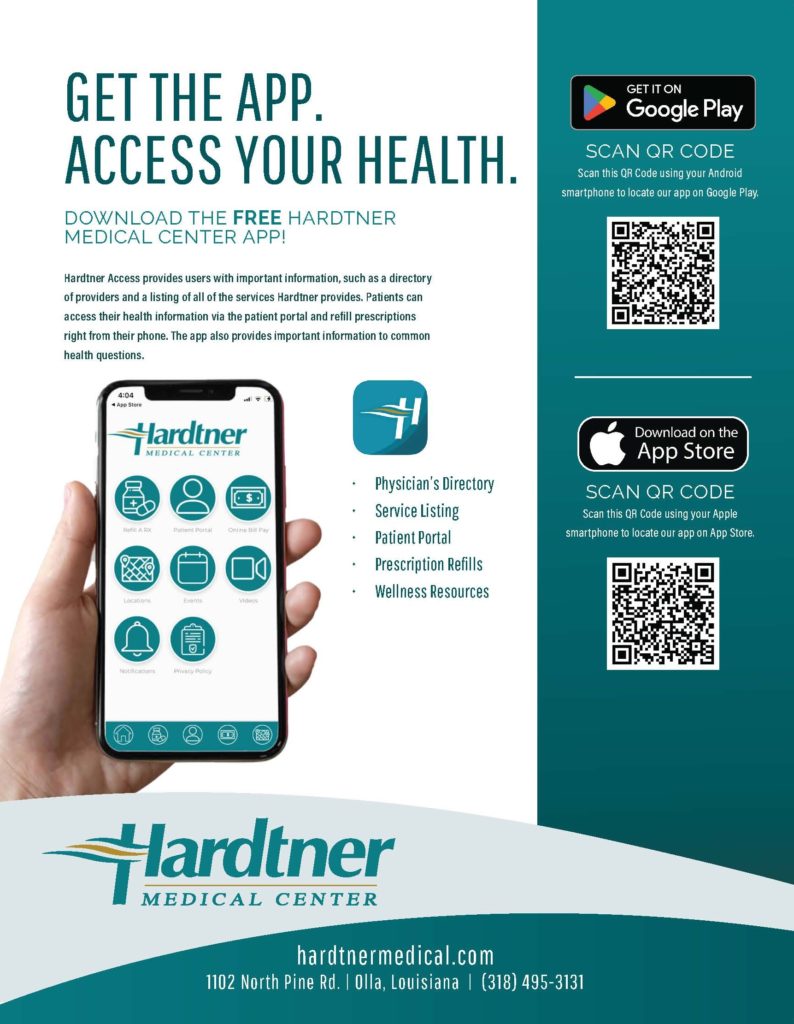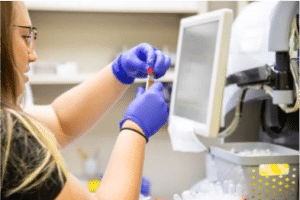
Laboratory Testing at Hardtner Medical Center
Hours: Monday-Friday at 7am-5pm
The information gathered from laboratory testing plays a crucial role in the detection, diagnosis, and treatment of diseases. Hardtner Medical Center is an accredited laboratory that contributes to quality patient care by providing accurate and reliable testing for a variety of procedures with quick results. Laboratory tests may include a blood sample, urine sample, or sample tissue. Once the samples are analyzed in the lab, results are sent to your physician who will tell you if those samples fall within normal ranges. Normal ranges may fluctuate depending on your sex, age, race, current medications being taken, and diet. Tests such as these help your physician diagnose specific medical conditions and general health.
Performing over five hundred thousand laboratory and diagnostic procedures each year, our experienced group of professionals is dedicated to rigorous laboratory standards and serves multiple areas including immunohematology, chemistry, coagulation, hematology, serology, urinalysis, and special chemistry.
Our laboratory is fully accredited by the College of American Pathologists and provides the following services:
- Blood Draw
- Blood and body fluid analysis
- Pathology
- Chemical analysis
- Hematology
- Serology
- Urinalysis
- Immunohematology
- Employee Drug Screen collection







